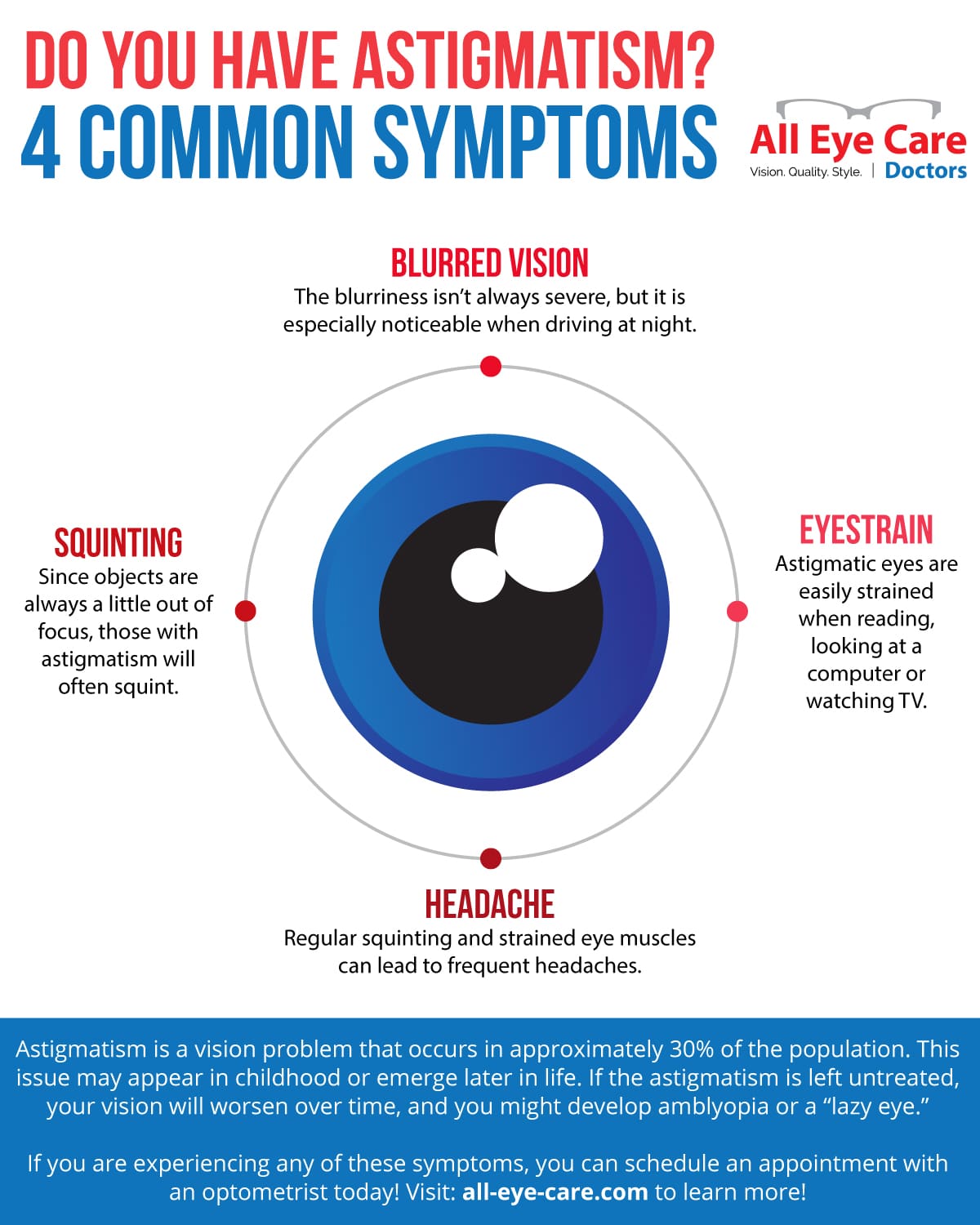A Caretaker'S Overview To Sustaining A Loved One Through Cataract Surgical Procedure
A Caretaker'S Overview To Sustaining A Loved One Through Cataract Surgical Procedure
Blog Article
Author-Lindsey Crosby
As a caretaker sustaining a liked one dealing with cataract surgical treatment, your function is essential in guaranteeing their comfort and recuperation. From pre-surgery preparations to post-operative treatment, your visibility and support can make a substantial distinction in their trip. Recognizing the emotional and physical difficulties they might run into, providing useful aid, and being their column of assistance are crucial elements in this process. Remember, your role goes beyond just using assistance; it's about being a source of strength and convenience during a considerable phase in their life.
Understanding Cataract Surgical Treatment Process
Exploring the actions associated with cataract surgical treatment can help minimize any type of anxiety or uncertainty you might have concerning the treatment. Cataract surgical procedure is a typical and highly successful procedure that includes eliminating the over cast lens in your eye and replacing it with a clear synthetic lens.
Prior to the surgical treatment, your eye will be numbed with eye declines or an injection to guarantee you don't really feel any kind of pain throughout the treatment. The specialist will certainly make a little laceration in your eye to access the cataract and break it up making use of ultrasound waves prior to meticulously removing it.
When the cataract is eliminated, the man-made lens will be put in its area. The entire surgical treatment normally takes around 15-30 mins per eye and is generally done one eye at a time.
After the surgical procedure, you might experience some moderate discomfort or obscured vision, however this is normal and must enhance as your eye heals.
Preparing for Surgery With Each Other
To make sure a smooth and worry-free experience, planning for cataract surgery together can make a significant distinction in your liked one's journey. Start by going to pre-surgery examinations with them. By doing how long to recover after cataract surgery , you can ask concerns, recognize the treatment, and offer emotional support.
Help them arrange their pre-operative directions, medications, and transportation to and from the surgical facility. See to it their home is ready for their healing by establishing a comfy space with easy accessibility to crucial products.
Help them in arranging for post-operative care if needed, such as help with dishes or family chores. Urge Visual Tests Online to adhere to the physician's recommendations pertaining to fasting prior to surgery and drug methods.
Reassure them that you'll be there for them every action of the method. By actively participating in the prep work process, you can reduce anxiety and make sure that your loved one really feels supported and cared for during this vital time.
Post-Operative Care Tips
After cataract surgery, providing correct post-operative treatment is essential for your enjoyed one's recuperation. Ensure they wear the protective shield over their eye as instructed by the physician. Help them provide suggested eye declines and medicines on time to avoid infection and help recovery.
Urge is cataract surgery covered by insurance loved one to prevent touching or scrubing their eyes, as this can bring about problems. Aid them in adhering to any kind of restrictions on flexing, lifting hefty items, or joining exhausting activities to stop stress on the eyes. Ensure they go to all follow-up visits with the eye doctor for keeping an eye on development.
Keep the eye area clean and dry, avoiding water or soap directly in the eyes. Motivate which insurance covers cataract surgery liked one to wear sunglasses to safeguard their eyes from brilliant light and glow throughout the healing process. Hold your horses and helpful as they recover, offering support with day-to-day tasks as required.
Verdict
Finally, supporting a liked one via cataract surgery involves being there every step of the means, from pre-surgery prep work to post-operative care. Your emotional support, functional assistance, and encouragement can make a considerable distinction in their healing process. By remaining informed, arranged, and alert to their needs, you can assist make sure a successful result and provide them with the convenience and confidence they need during this difficult time.
